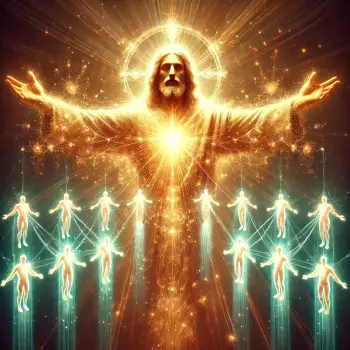How is the UMC planning to reach out to the "20- to 30-somethings" who are largely absent in most mainline churches?
I believe this question is directly connected to the previous question about relevancy. The issue is that the institutional church has expanded in such a way as to appear to be interested only in its own survival. Even the Four Areas of Focus have an institutional ring on first hearing. However, the challenge to make a difference, to transform the world, to be guided by a vision of the Reign of God, and to turn our primary attention away from preserving buildings to building partnerships that change the world invites every generation to be connected to a large undertaking.
To specifically target an age group, particularly those under 35, is a daunting task for a denomination whose average age is in the late 50s. Those of us in leadership positions, and who are of the baby boomer generation, must find ways to build relationships, listen without being judgmental, and intentionally seek the insights, passions, and energies of yet another generation. We will have to step outside our comfort zones, without stepping outside the Gospel message. We have discovered that is not an easy step to take. We have some learning to do!
There are significant voices in every denomination that are suggesting it's time to let the mainline church die so that something new can be born. What is your response to this? What new forms might "church" take in the 21st century? Where are some signs of new life throughout the denomination?
I am not sure about dying completely. There are evidences of very positive engagement with the world and with human need. The response of The United Methodist Church to the disasters of Katrina, the tsunami, and Haiti, for example, reveal that there is life and a generous, willing spirit ready to work in the name of Christ and with the love of God. Do we need to address the institutional inertia and bureaucratic expansion? Absolutely. Do we need to clarify and redesign our relationships with seminaries, colleges, and other institutions started in earlier generations? Absolutely.
As an example of what might be, the Western North Carolina Annual Conference planned and implemented an "Impact Community" day in June 2010 in conjunction with the denomination's new Rethink Church campaign. With the generous assistance of the General Commission on Communications, the people of The United Methodist Church spread out across the entire western half of North Carolina. More than 15,000 people demonstrated Jesus-like acts of love, kindness, help, assistance, and serving, impacting the lives of more than 600,000 people in one day. Websites of annual conferences and local churches tell similar stories. There are signs that simply need to be multiplied.
How do you anticipate the denominational structure adapting and responding to changing cultural, social, economic trends in this country? Do you anticipate any significant revamping of UMC structure in the future?
The Council of Bishops and the Connectional Table have initiated a process that may lead to the reordering of the life of the church. There is still much work to be done, but the studies and research are leading to some creative alternatives in structure and governance. The interventions that are beginning to emerge from that conversation could be a significant turning point in the story of United Methodism. However, the final reports and recommendations are still being developed, and there is still much work to be done. There is a strong desire to be more responsive, more adaptable, and more faithful in following Jesus and serving as witnesses to the Reign of God in the world.
When you imagine The United Methodist Church in twenty years, what do you see?
I see a collaborative movement of people, empowered by God's Spirit, engaged in Jesus-like signs of love and grace around the world. I see a connected church that is a sign and a foretaste of the Reign of God, and that is growing in numbers and influence in every corner of a transformed world. I see a younger, more flexible church that is creatively engaged in communities, villages, towns, and cities as a visible expression of the Gospel of Jesus Christ.
Bishop Larry M. Goodpaster was elected in May 2010 to serve for two years as president of The United Methodist Church's Council of Bishops, which includes United Methodist bishops from around the world. Goodpaster has taught in a variety of settings and published in various denominational publications. His latest book, There's Power in the Connection, was published in 2008 by Abingdon Press.





